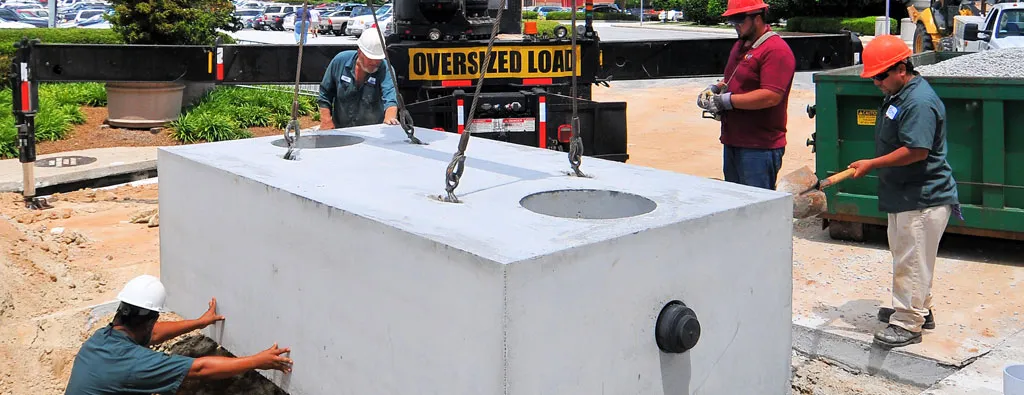
Every food service establishment is required to have an interior or exterior commercial grease trap. Interceptors are installed to trap FOG (fats, oil, grease) and leftover food from entering the sewer lines. When FOG enters the sanitary sewer system it causes blockages and sewer overflows. This is why local governing agency regulate grease trap maintenance closely. In addition to that, not cleaning your grease interceptors will cause back-ups inside your grease traps inspection, pumping and cleaning which can result in closed or lost business. The local government has authority to fine companies if they do not clean or replace grease traps according to the rules.
Grease trap cleaning begins with scraping and pumping of fats, grease and oils', 'FOG from the restaurant grease traps. When the sludge is removed and the grease interceptor is clean professional plumbers perform a grease trap system inspection to ensure that everything is working properly.
One of the common causes of a commercial septic system failure is the lack of pumping of commercial grease traps. Sewer Experts plumber recommends that the grease (one foot deep) floating on top of the four feet tank should be pumped out. The sludge and dirt at the bottom of the tank should be also removed. However, even if the grease deposit has not reached the 25% level many municipal health departments still require to complete pumping of the grease trap at least twice a year.
Denver Plumber Sewer Experts specializes in grease trap installation. We provide scheduled grease traps inspection, pumping and cleaning as well as comprehensive drain and sewer line cleaning and preventative maintenance services.